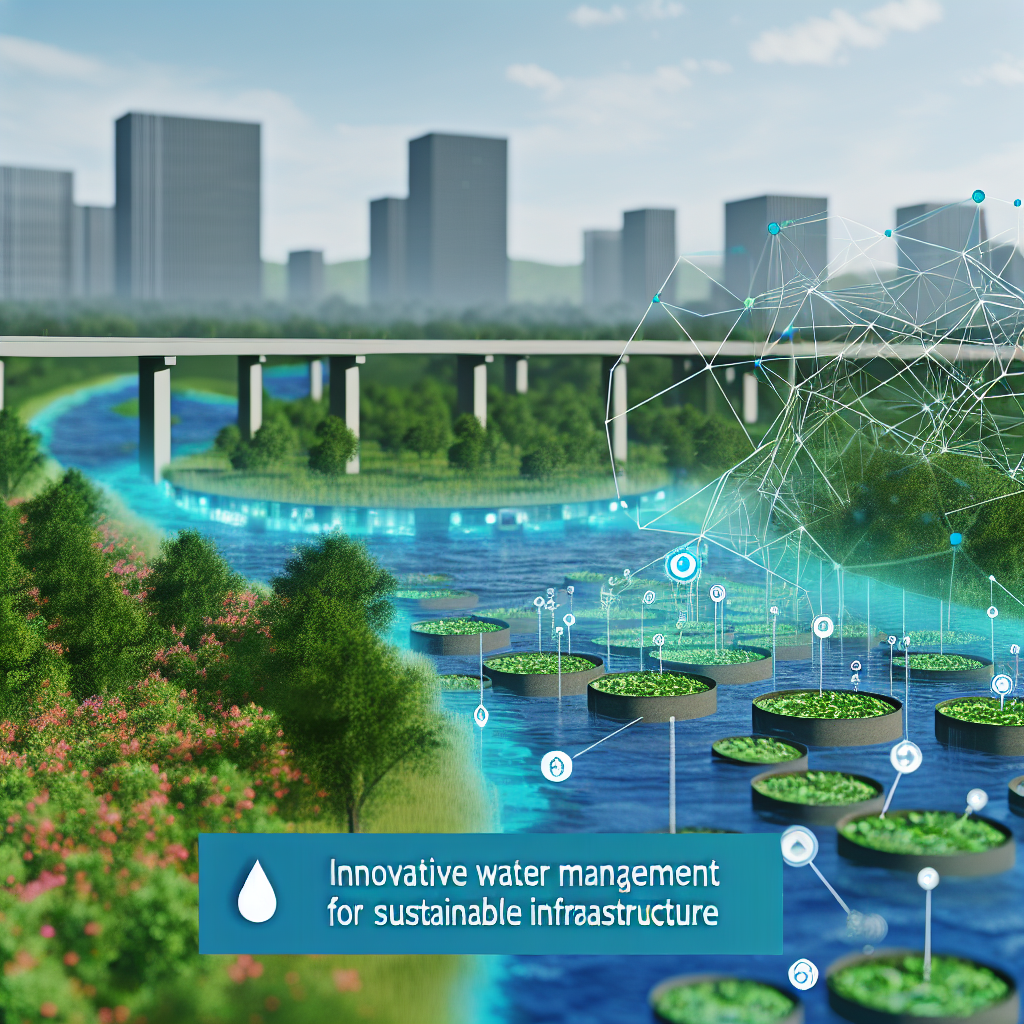Water resources are the backbone of sustainable infrastructure development, impacting everything from urban growth to agriculture. As populations grow and climate change intensifies, innovative solutions are essential to manage and preserve this vital resource effectively. This article explores key strategies shaping the future of water infrastructure, ensuring resilience and sustainability for generations to come.
Implementing Smart Water Management Technologies
One of the most transformative trends in water infrastructure is the adoption of *smart technologies* designed to optimize water use and detect issues before they escalate. Sensors, IoT devices, and real-time data analytics are revolutionizing how cities monitor water quality, leak detection, and hydraulic performance.
These innovations enable authorities to respond swiftly, reduce water wastage, and improve the overall efficiency of water distribution networks. For instance, by utilizing *advanced leak detection systems*, municipalities can pinpoint problems with pinpoint accuracy, significantly reducing water loss— which often accounts for 20-30% of total water production in urban areas.
Moreover, integrating *predictive analytics* helps in anticipating future demand and managing supply accordingly, ensuring that infrastructure remains functional and sustainable amid changing environmental conditions.
Innovative Water Recycling and Reuse Strategies
As fresh water becomes scarcer, *water recycling and reuse* have become critical components of modern infrastructure planning. Technologies such as membrane bioreactors and advanced filtration systems now enable the treatment of wastewater to a level suitable for industrial, agricultural, or even potable reuse.
Implementing *blue-green infrastructure*—including constructed wetlands and rain gardens—also enhances natural filtration while managing stormwater runoff. These solutions reduce strain on traditional water sources and decrease the risk of urban flooding.
Furthermore, integrating *decentralized water treatment systems* within communities promotes self-sufficiency and relieves pressure on centralized facilities. This approach not only conserves water but also fosters resilience against infrastructure failures or climate-induced disruptions.
In conclusion, the future of water resources in infrastructure hinges on embracing smart management technologies and innovative recycling strategies. These solutions enhance efficiency, sustainability, and resilience amid growing global demands and environmental challenges. By investing in such advancements, communities can ensure a sustainable water future for generations to come.
